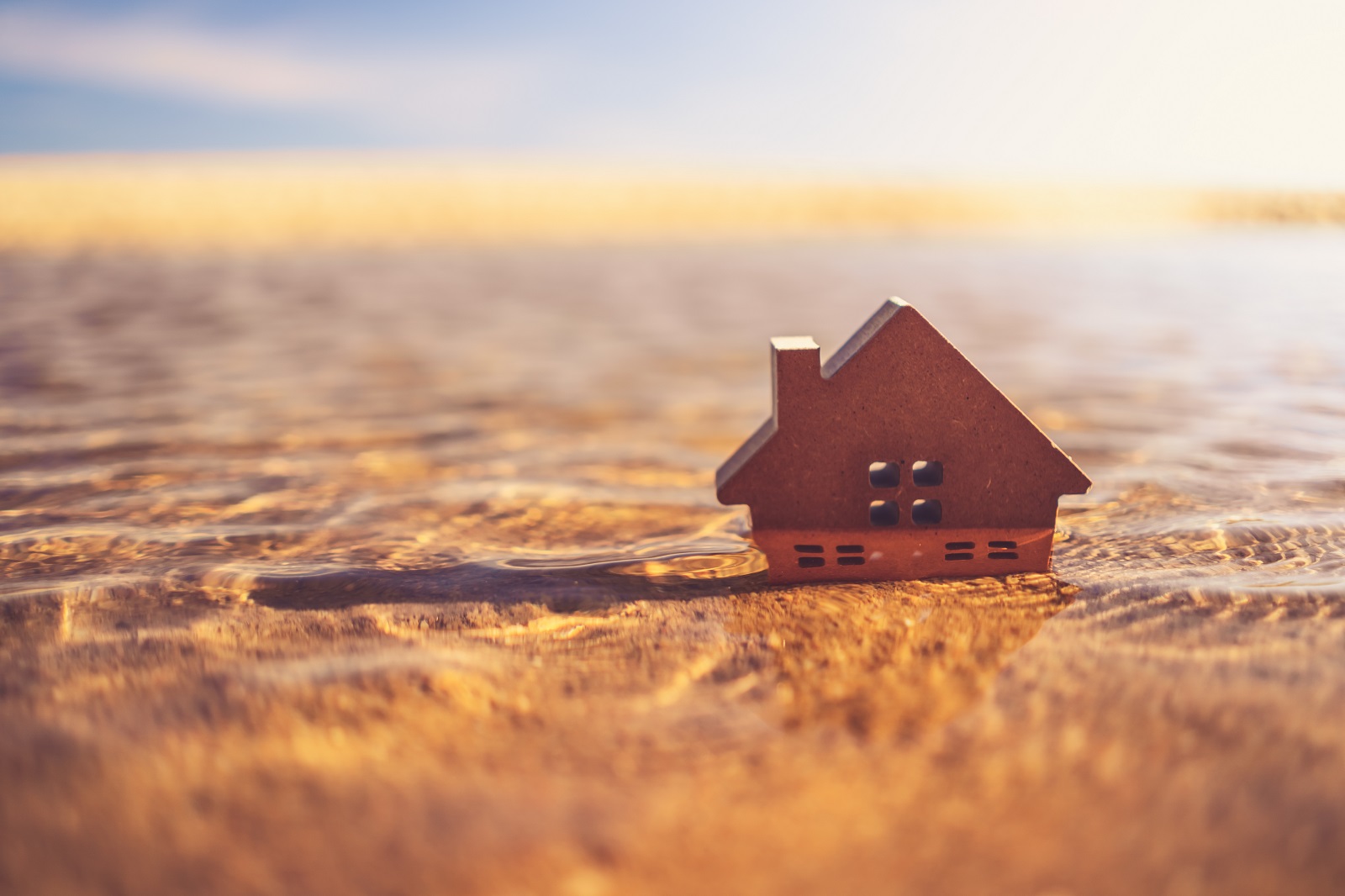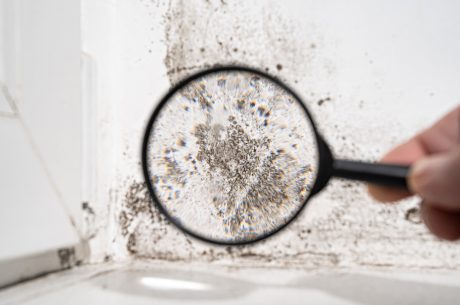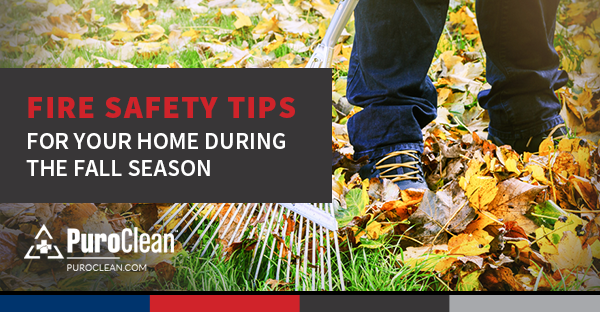Over the years, there has been an abundance of misconceptions and non-truths involving property damage and restoration procedures. Professional restoration companies are trained to see beyond the misconceptions and misinformation that often complicate a claim. If someone doesn’t act quickly enough or doesn’t take the right actions due to these misconceptions, they can end up with even more damage to deal with, that could have easily been avoided.
A professional restoration technician will prioritize mitigation over restoration ensuring damage costs do not escalate. Mitigation is extremely time-critical, as it stops further damage and reduces additional loss. It usually needs to be performed within 24 hours or less. Any delay will further complicate or devalue the mitigation effort.
Restoration, on the other hand, puts the damaged items back to a pre-loss condition. It is less time-critical, but still important and should be done as quickly as possible.
Misconception #1: Replacing is less expensive than salvaging.
Cleaning is a mitigation process that has excellent results and is cost-effective – especially when compared to the cost of replacement. For instance, when smoke is not properly cleaned from delicate fabrics and surfaces, secondary damage can occur. Replacement is usually the only option. Hundreds of dollars of cleaning can become thousands of dollars of replacement due to delayed action. Today’s restoration professionals are able to effectively clean and remove contaminates, saving expensive replacement costs.
Misconception #2: If you get your carpets cleaned, they get dirty faster.
Techniques, equipment, and materials used in the past to clean carpets were inferior to those used by today’s professionals. In the past, inefficient carpet shampooing left a soap residue that attracted soil more rapidly than prior to cleaning. Restoration professionals now use a cleaning process that both flushes and rinses carpets, and prevents that from happening.
Misconception #3: Once the carpet is dry, that noisy equipment needs to be removed.
The greatest failure in restoring water-damaged structures is to remove the drying equipment before the drying is complete. Using the carpet or cushion to determine dryness is a poor misrepresentation of whether the structure is dry or not (and one that is not easily defended if litigation follows). Carpet and cushions dry quicker than other structural materials and are not an accurate gauge. The danger with ineffective drying is that it can turn a small loss from water damage into a multi-thousand dollar mold claim. Professional restoration firms use measuring equipment to determine if moisture content has been returned to normal standards. Meters and sensors are used to document and record the data that justifies the use of the equipment and the best time to remove it. That is extremely important to accomplish the end result – a totally dry structure.
Misconception #4: Once a structure has been damaged by fire, it will always smell like smoke. So why rush to clean it up?
Stories arise about smoke damage restoration efforts that have failed – usually because odor remains. Smoke odor and residue are the products of incomplete combustion. They are acidic and are far more damaging than ordinary dirt or dust. Prompt cleaning actions can reduce losses if this acid is removed or neutralized. Odor removal is more complicated than turning on one machine and hoping to achieve satisfactory results. Restoration for smoke odor has to be thorough. All contaminated areas need to be cleaned, deodorized, and sealed where applicable. It is important that all odor molecules are neutralized, either airborne or absorbed.
Professional restoration firms are the best assurance when it comes to mitigation and restoration. Due to their continuous technical training, they do not repeat the erroneous theories and mistakes of the past. Using the latest equipment and techniques, they make sure that the job is done correctly and completely – the first time. Call your local PuroClean office today!




 PuroClean of Downtown Miami
PuroClean of Downtown Miami